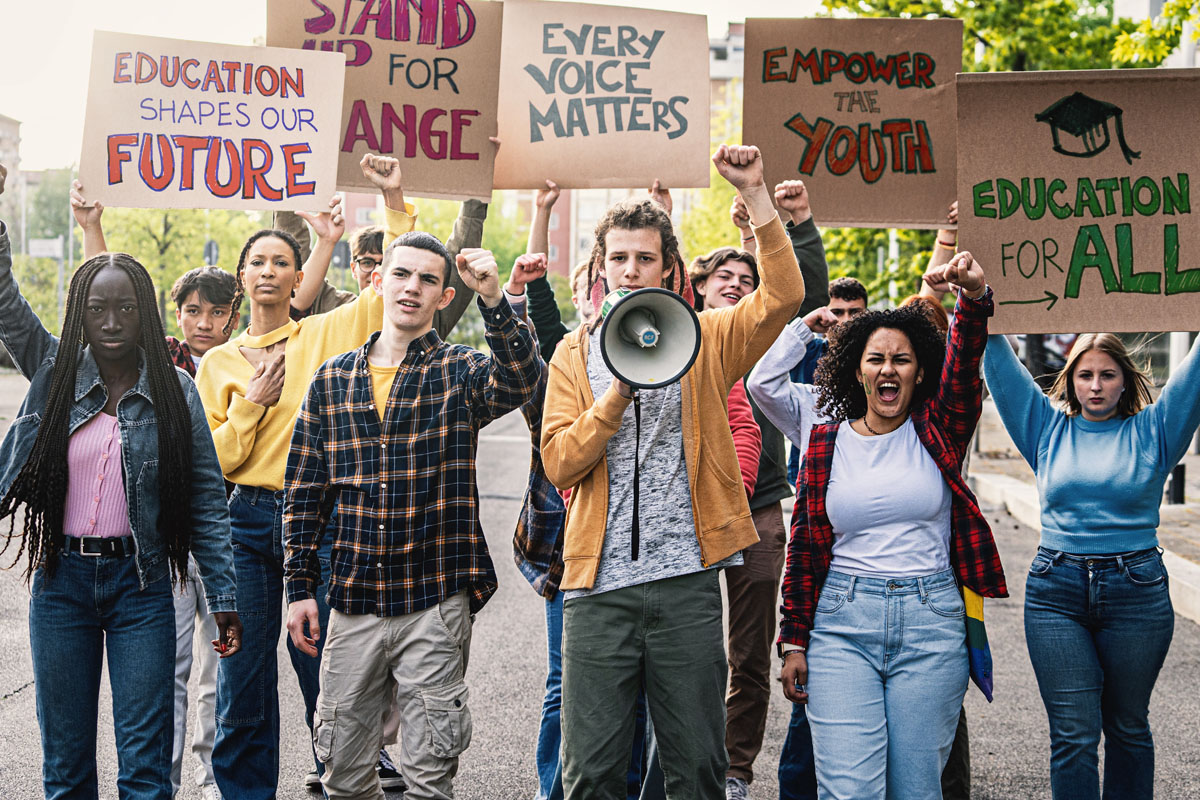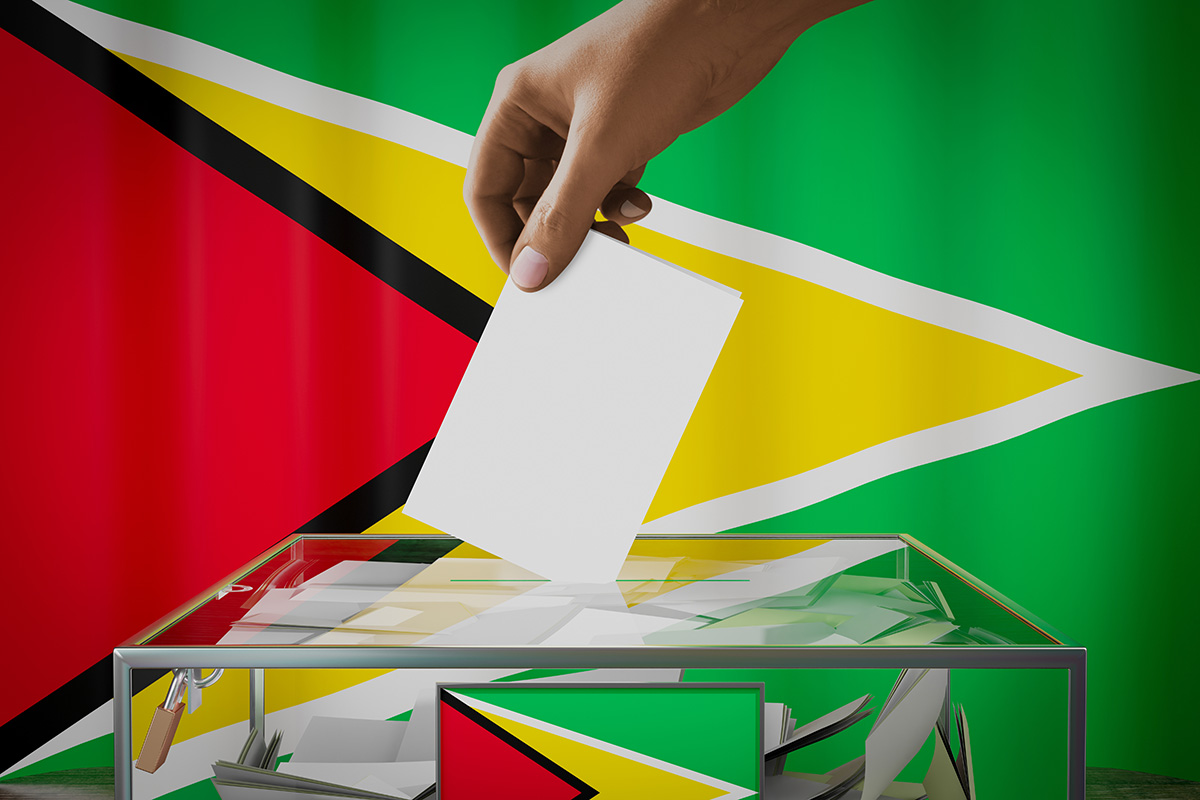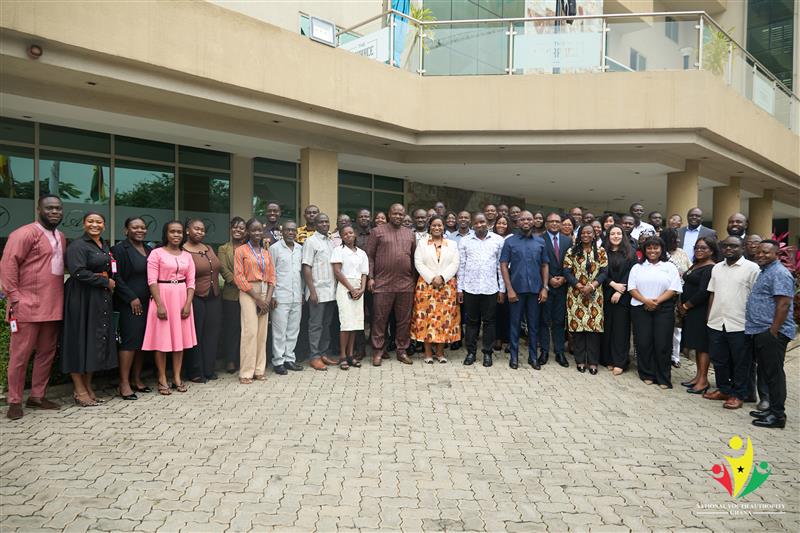Empowering the Future: The need for Youth Empowerment in the society
October 2by Katerina Panagi
Youth empowerment is a concept that has gained significant attention in recent years, and for good reason. The youth, often defined as individuals between the ages of 15 and 29, represent not only the future, but also the driving force of our society; they constitute approximately 16 per cent of the world’s population.
They possess boundless energy, creativity, and the potential to shape the world in ways we can only imagine. However, to harness this potential and ensure a brighter future for all, it is imperative that we prioritise youth empowerment in our society.
Youth empowerment is a multifaceted concept that encompasses various aspects of young people’s lives. It involves providing them with the tools, resources, and opportunities they need to develop their skills, gain self-confidence, make informed decisions, and actively participate in the social, economic, and political spheres of their communities.
Empowering young individuals goes beyond merely giving them a voice; it is about equipping them to use that voice effectively and contribute positively to society. The EU developed an EU Youth Strategy and wants young people to engage and become an active citizen involved in democracy and society. ‘We want young people to tell us what is important to them by taking part in the EU Youth Dialogue. This transformative concept goes ‘beyond merely involving youth in decision-making; it encourages them to lead, innovate, and drive societal change’.
One of the most significant benefits of youth empowerment is the promotion of innovation and creativity. Young people often view the world through fresh eyes, unburdened by preconceived notions and traditional thinking. By empowering them with education and resources, we enable them to think outside the box and come up with novel solutions to complex problems. This creativity can drive advancements in technology, science, and the arts, benefiting society as a whole.
Youth empowerment strengthens the social fabric of communities. When young people are engaged and empowered, they are more likely to participate in community service, volunteer work, and local initiatives. This active involvement not only improves the well-being of communities but also instils a sense of responsibility and belonging in young individuals. As they become more connected to their communities, they are less likely to engage in risky behaviours and more likely to contribute positively to society.
Empowering youth also helps bridge the generational divide that often exists in society. By valuing the perspectives and contributions of young people, we create a more inclusive and harmonious society. Interactions between generations can lead to mutual understanding and collaboration, allowing the transfer of wisdom and experience from older generations to younger ones, while fresh ideas and perspectives flow in the opposite direction.
A vibrant democracy relies on active and informed citizen participation. When young people are empowered to engage in the political process, they become the voice of change. They bring new ideas, energy, and a fresh perspective to the table. Encouraging youth involvement in politics and governance not only revitalizes democracy but also ensures that policies and decisions are made with the interests of all generations in mind.
Youth empowerment plays a crucial role in economic growth and sustainability. When young people have access to quality education, vocational training, and entrepreneurial opportunities, they become active contributors to the workforce and the economy. A skilled and empowered youth population can drive innovation, boost productivity, and lead to a more prosperous society.
The need for youth empowerment in society cannot be overstated. Our future depends on the abilities, creativity, and energy of the young generation. By investing in their education, providing opportunities for personal and professional growth, and involving them in decision-making processes, we not only secure a brighter future but also create a more inclusive, innovative, and harmonious society. It is incumbent upon us to recognize the immense potential within our youth and work collectively to empower them to be the leaders and change-makers of tomorrow.
‘It’s clear that when we believe in our young people and give them an environment where they feel valued, listened to, and capable of making meaningful contributions, it fosters a sense of freedom within themselves that propels them toward success’.
Katerina Panagi is a full-time Project Manager and Researcher at an independent, non-profit, non-governmental, research and development organization based in Cyprus. She is also a part-time Journalist who believes in lifelong learning. Her ambitions are to advance her skills, knowledge and herself as much as she can, and also to volunteer and gain further experience.






